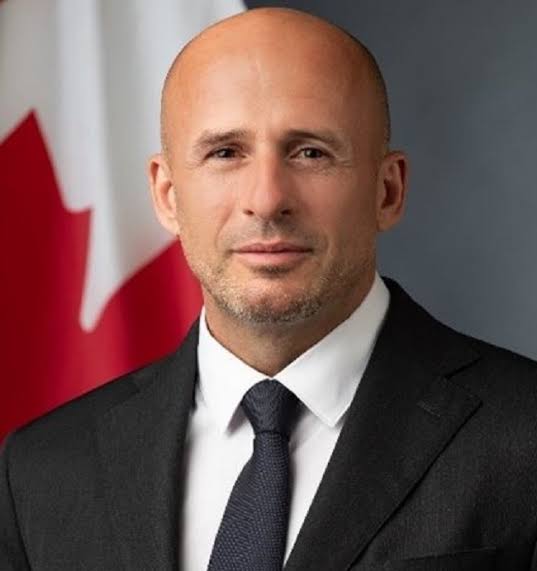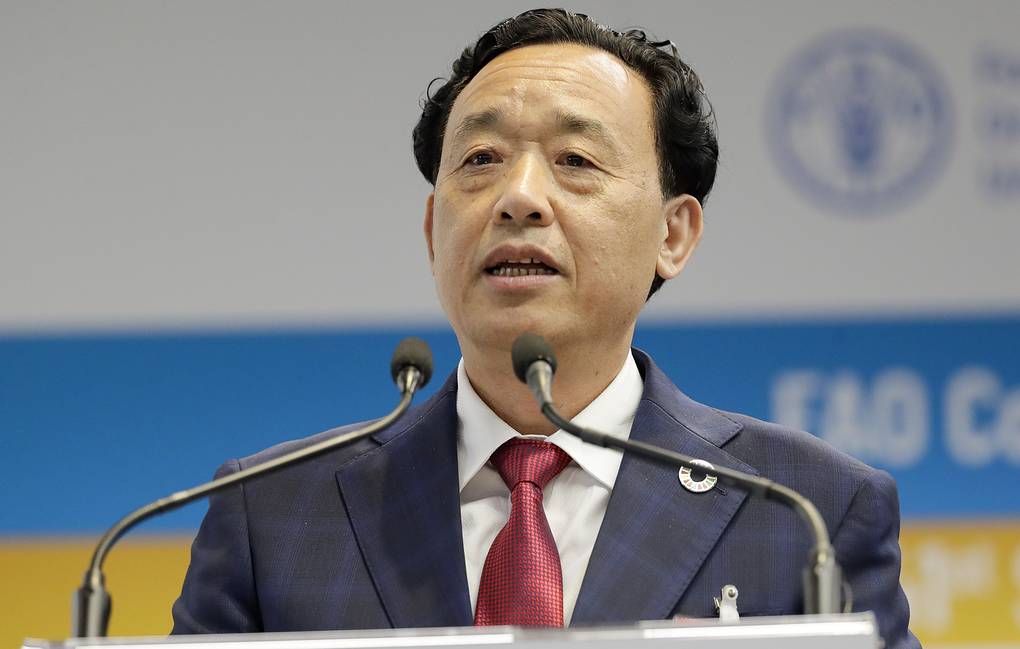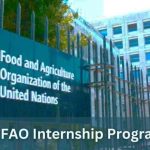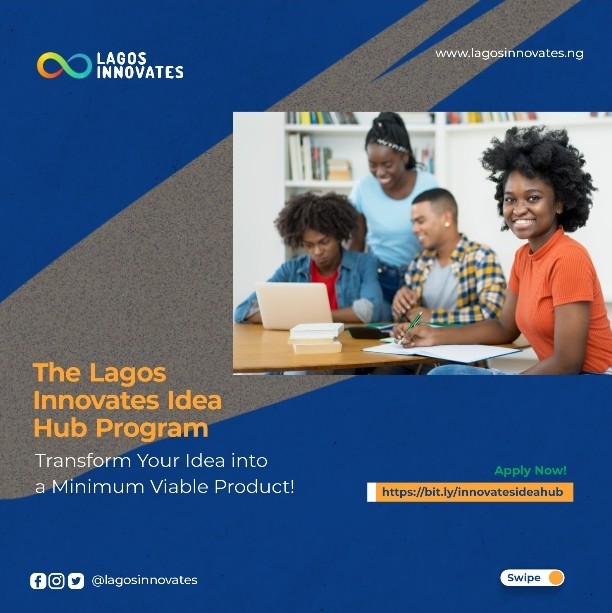The Canadian High Commissioner to Nigeria, Amb. James Christoff, has hailed the entrepreneurial skills of Nigerians.
The High Commissioner made the remark on Friday, during a facility tour to a coconut processor company, TOSH Coconut Ltd. in Lagos.
He was accompanied by representatives of the Food and Agriculture Organisation (FAO) of the United Nations, the Lagos State Ministry of Agriculture and Lagos State Coconut Development Authority (LASCODA).
He noted that the Canadian Government has commercial interest in Nigeria while commending the great entrepreneurial spirit of Nigerians.
Christoff added that he has high optimism in Nigeria and her great entrepreneurial skills.
“To be frank, it’s occasion like this and coming to places like this that makes my job as a High Commissioner to get to know Nigeria.
“We have our own interest in Nigeria, commercial interest of course.
“Part of what am taking away from here today is that am a big believer in Nigeria, there’s a very strong entrepreneurial spirit in this country.
“This is a great metaphor for that spirit.
“I love your story, I love your passion for what you’re doing and I can see your dreams manifesting with hardwork.
“I can see clearly everything going in the right direction.
“I will certainly pass this on to my wife and I know she will want to order some of your products,” he said.
He commended the company for the achievements recorded so far in the industry.
“The other reason why I decided to come here is the issue of food security in Nigeria.
“I am interested in any example where local government, local businesses and all levels of governments are coming together with the help of the FAO to address some of these food security issues.
“I thank you for your efforts to collaborate with local farmers to find ways of creating a product that benefits you and others,” he said.
In her remarks, the state Commissioner for Agriculture, Ms Abisola Olusanya, said that the Lagos State Government was in the process of signing an agreement with the FAO and UNIDO on coconut value chain development.
Olusanya was represented by Mrs Tokunbo Emokpae, the Permanent Secretary in the ministry.
She noted that there are currently over 3,000 processors across the state processing over 120,000 metric tonnes of coconut yearly.
“However, with the current coconut production of about 200,000 metric tonnes in Lagos, with the remaining being sent to other parts of the country, the processing needs of the processors in Lagos is about one million metric tonnes annually,” she said.
Olusanya noted that following this renewed interest, a high mission visit of the representatives of the FAO-UN led by the Country Director, Dr Fred Kafeero, was made to the governor to reaffirm the commitment to the implementation of the project.
She added that FAO is currently conducting coconut value chain analysis with the sum of $150 million, solely financed by the Lagos State through a Unilateral Trust Fund (UTF) Agreement with the FAO which started in 2021.
“The Lagos State Government and FAO Unilateral Trust Fund (UTF) Intervention on the rehabilitation of the coconut belt in the state was initially prepared for implementation in 2001 but were not concluded.
“In 2006, the project document developed in 2001, was reviewed with significant changes in cost of materials and services, as well as in project development concepts following a re-formulation mission.
“But like the previous attempt, implementation of this report and project was put on hold due to changes in governance and other contingencies.
“Nevertheless, the state government always maintained interest in the project since the development of the coconut industry is considered a priority for the state.
“However, at the inception of the administration of Mr Babajide Sanwo-Olu, efforts were renewed to resuscitate the FAO intervention in the spirit of alternative financing to the agricultural sector under the coconut value chain.
“This is to ensure that the coconut sub-sector contributes optimally to “Making Lagos a 21st Century Economy,” through correspondence with the FAO mission in Nigeria,” she said.
Tosh Coconut Ltd., founded by Mrs. Jadesola Shawana, was created in 2016 and registered with the Corporate Affairs Commission in 2017.
Shawana requested loans and grants from the government and other international organizations to help coconut processors grow and satisfy market demand.
She added that there was a sizable market for coconut processors but that the company’s current capacity prevented it from satisfying all of the demands.
According to Shawana, the majority of coconut processors face significant financial and supply-side issues in order to meet demand for processing.
She claims that the National Agency for Food and Drug Administration and Control has registered Tosh coconut.
“We process coconut into a variety of food products and currently have 15 different products.
Our products include cold press coconut oil, coconut milk, coconut flour, coconut poundo, coconut flakes, coconut water and a variety of coconut snacks and confectioneries.
“Our coconut products are basically designed for the healthy conscious, that is, weight watchers, lactose intolerants, vegans, vegetarians, and food curious who require an alternative type of food to the staple foods.
“The products are glutton free, unadulterated with preservatives, additives and promote healthy lifestyle and packaged in a hygienic environment.
“Currently, we process 40 metric tonnes of coconut annually and distribute products online using various social media platforms, through stocking supermarkets, distributors and companies that use their products as semi processed materials for production,” she said.
(NAN)










